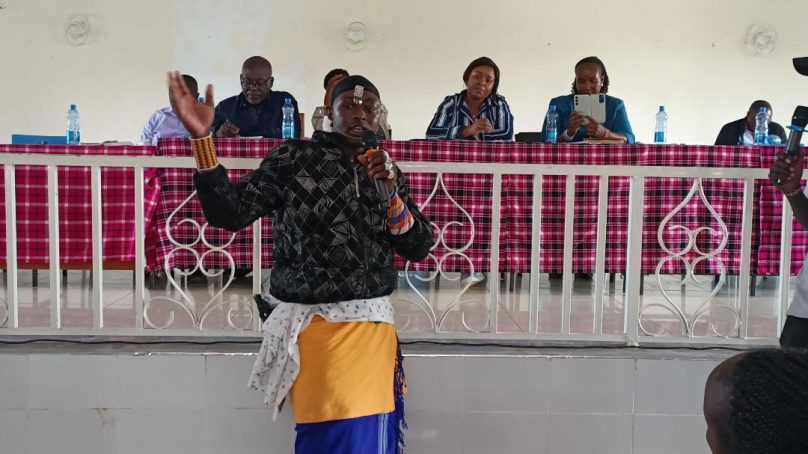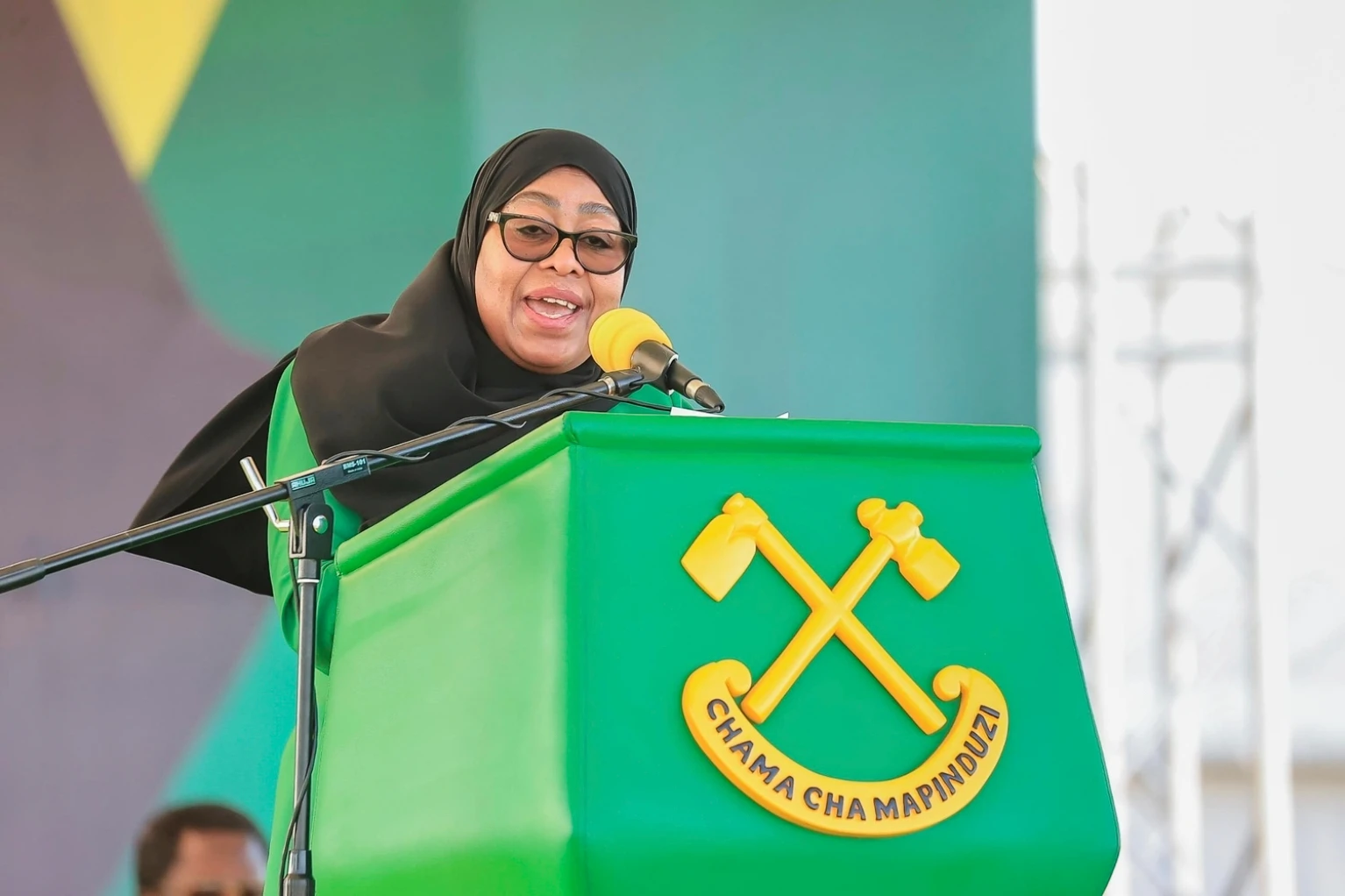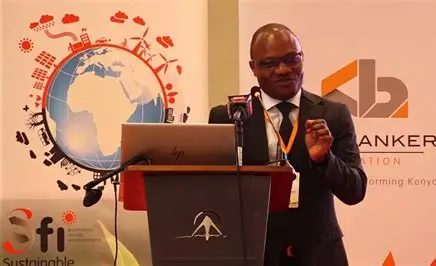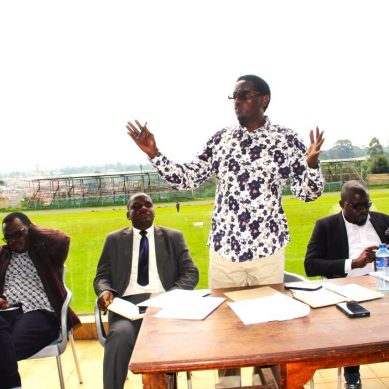
Wife battering is a cultural norm among Samburu community found in northern Kenya. A majority of women in the county face gender-based violence (GBV), which goes unreported since it has been normalised.
Speaking during a public participation for the Technical Working Group (TWG) on GBV and femicide at the Maralal Vocational Centre Frank Leseketeti from Ngopiro Foundation, a Civil Society Organization, noted that Intimate Partner Violence (IPV) is normalised in Samburu County because of negative cultural practices such as FGM, child marriage and beading.
“Our culture treats women as children, therefore exposing them to various forms of violations such as FGM, IPV and femicide which is an emerging trend in Samburu County,” he said.
The participants pointed out that there was need for a vigorous sensitisation exercise on what constitutes GBV because when women and girls are violated, they consider it as a normal cultural practice.
They further noted that Illiteracy played a major contributing factor in GBV prevalence in the county saying that there was need to constantly sensitise the Samburu community that wife battering was illegal.
“Constant sensitisation will empower women to come forward whenever they are violated and it will be a step towards eliminating GBV in our society,” a resident of Maralal Dominic Lesimale said.
Lesimale proposed that the gender desk in all police stations should be made a one stop shop referral pathway to expedite the reporting and prosecution of GBV cases.
Senior principal magistrate Allan Sitati on behalf of the Maralal law courts, said that Section 175 of the criminal procedure code needs to be amended to provide for a specific trial procedure whenever magistrates want to order for compensation in GBV cases.
Sitati urged the TWG to petition the president to move through a cabinet paper and amendment to section 175, section 23, 24, 25 and 26 of the victim procedure act in order to provide a clear procedure for courts to apply whenever they want to make orders of compensation to victims of GBV.
“My submission to the Technical Working Group is that input should be recommended to the president so that we don’t convict an offender and the victim gets nothing. The provision is there but the procedure is vague,” Sitati said.
A Samburu moran, Peter Lesangalaim, confirmed that acts of GBV occurred frequently during night dances where morans would sexually assault girls and women.
“It is allowed in the Samburu culture for a moran to have their way with girls but with the increase in sexually transmitted infections such activities have declined,” Lesangalaim said.
The CEO of the National Youth Council and the team leader of the TWG on GBV and femicide, Gloria Wawira, said that in January this 2025, President William Ruto appointed the TWG on GBV and femicide whose mandate is to identify trends, hotspots and causes contributing to GBV and femicide in the country.
Wawira said the group was tasked with developing comprehensive people-centred recommendations on how to prevent gender violence and strengthen the justice system for survivors. She noted that the issues raised by Samburu residents will be incorporated in the TWG report on GBV and femicide to be presented to the president.
The participants in the public participation were drawn from the national government, county government, civil society organizations, religious organizations, elders and people living with disabilities, duty bearers, GBV survivors and the police among others.
- A Tell Media / KNA report / By Robert Githu and Muriithi Magdaline








